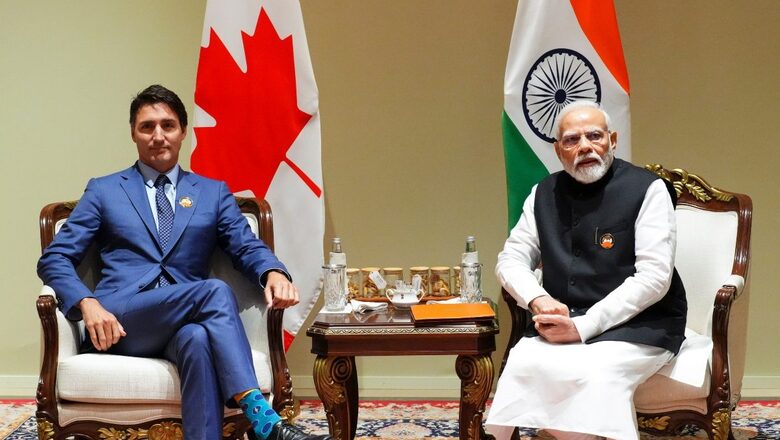
views
Justin Trudeau has much to answer for willfully causing a crisis in India-Canada relations. India’s repeated protests to the Canadian government on allowing anti-Indian Khalistani activities on its soil have gone unheeded. Trudeau interfered in our internal affairs by sympathetically commenting on the farmers’ agitation. He has allowed the Sikh extremist elements in Canada to hold referenda for an independent Khalistan. Glorifying the assassination of Mrs Indira Gandhi in a parade organised by Khalistani elements has been tolerated, as have been the calls by these elements to kill Indian diplomats. Our diplomatic premises have been attacked, as also Hindu temples. Our requests for extraditing those involved in terrorist violence in India have not borne fruit.
Trudeau has exceeded all limits in stating in Parliament that Indian agents are suspected of killing Hardeep Singh Nijjar. There are “credible allegations”, he said, that Nijjar’s killing has “potential links” to India. “Credible allegations” is not evidence. That he talks of “potential links” means that the investigation is yet incomplete. The Indian link is still unconfirmed. He has asked for cooperation from India in investigating the murder. Why does he seek our cooperation if he already has sufficient evidence of an Indian link? If he does not have such evidence, what has pushed him to make a formal statement in parliament prematurely?
In any case, he must approach India with clean hands. He has rejected cooperation with India to curb the activities of Sikh extremists in Canada against India’s sovereignty and territorial integrity. Cooperating with India to control the activities of such elements serves the interests of both Canada and India in maintaining friendly and productive ties. Relations between the two societies — Canada and India — are liable to be rocked if elements in Canadian society are determined to promote violence and separatism in Indian society.
Trudeau is well aware of the rise of the Khalistan movement in Punjab, the ethnic killings it involved, the storming of the Golden Temple, the killing of Mrs Gandhi by her Sikh bodyguards, the anti-Sikh riots in Delhi that followed, the restoration of peace in Punjab, the links of the Khalistani elements with Pakistan which currently shelters some of them and whose intelligence agency is working with these groups in Canada and elsewhere to revive terrorism in Punjab. Despite this, he has been unresponsive to India’s concerns about efforts in Canada to revive separatism and violence in Punjab. As against this, India has done no harm to Canada’s sovereignty, territorial integrity or its internal peace and stability.
The Canadian Prime Minister cannot take a position that he will not cooperate with India to address its concerns, but India needs to cooperate with Canada in addressing his concerns. Is it a sense of entitlement, or a belief that Canada can harm India’s interests by allowing anti-India activity on its soil in the name of politically and morally superior and unchallengeable Canadian values of freedom of speech which India should dutifully accept?
Trudeau’s concern is about the killing of a person against whom a Red Corner Notice had been issued by Interpol. Why was the Red Corner Notice ignored and Nijjar not arrested and extradited to India? This person entered Canada on a false passport, his application for Canadian citizenship was rejected in the first instance and his re-application after marrying a local woman was again rejected on the ground that it was a marriage of convenience. In his parliament statement, Trudeau refers to Nijjar as a Canadian citizen. The question to ask is how a fugitive from Indian justice with a Red Corner Notice against him became a Canadian citizen? What does this say about Canadian politics, the attitude of its bureaucracy towards India and the strength of the Khalistani lobby within the Canadian system.
How has Trudeau ruled out the possibility of Nijjar’s murder being the result of feuds amongst fringe elements with violent agendas engaged, according to the Indian government, in murders, human trafficking and drug trafficking, and so on, within Canada?
Trudeau has done great damage to Canada-India ties by accusing India of organising a political assassination abroad. By his own admission he raised the Nijjar affair with Prime Minister Narendra Modi during the G20 meeting in “no uncertain terms”, which was a case of effrontery on his part, and was confronted with not only a rejection of what he claimed but was told in return about India’s concerns about Canada allowing freedom to anti-Indian elements in Canada to undermine our sovereignty and territorial integrity. He has overstepped limits in sacrificing ties with India over the case of an India-origin criminal who was given Canadian nationality on dubious grounds.
Trudeau has irresponsibly tried to bracket India with those regimes that the West accuses of murders of its opponents on foreign soil. This is a grave step he has taken. Only a long history of enmity or serious geopolitical rivalry between countries backed by a propaganda campaign to deny legitimacy to the regimes concerned would justify such an accusation. He has sought support from the Anglosphere — the so-called Five Eyes countries that share intelligence — for his accusation against India. Regrettably, the US National Security Council spokesperson has thought it fit to say that the US is engaging India on the matter and repeated that it was responsive to Canadian concerns. The Australian Foreign Office spokesperson too waded into the issue, which is not a bilateral one between India and Australia, stating that Australia’s deep concerns about these allegations had been shared at senior levels in India. It needlessly connected this issue to maintaining peace among Australia’s diverse communities and protection of freedom of speech. The Australian Foreign Minister was subject to a barrage of questions by journalists on the issue at the UN, but she has remained non-committal, even on the question of whether it was discussed at the G7 meeting.
What could be the reasons that have pushed Trudeau to seek a political confrontation with India? It seems to be a family tradition. His father, Pierre Trudeau, protected Khalistani elements in Canada, refused the extradition of Talwinder Singh Parmar who was implicated in the downing mid-Atlantic of the Air India plane in 1985. In the 2021 election Trudeau’s Liberal Party could not win a majority and is dependent on the 25 strong NDP led by Jagmeet Singh for survival. Whatever the personal views of Jagmeet Singh on the Khalistan issue, it is obvious that he would be a conduit of pressure on Trudeau by the extremists. If they can influence the political class, why cannot they influence the police and security apparatus under the control of the government?
To sow disinformation in a receptive environment to implicate India would not have been difficult. Add to all this is Trudeau’s own woke mentality, and all that it implies in terms of “minority issues”. This would also explain why he is willing to seriously damage state to state ties for the sake of a known criminal.
Kanwal Sibal is a former Indian Foreign Secretary. He was India’s Ambassador to Turkey, Egypt, France and Russia. Views expressed in the above piece are personal and solely that of the author. They do not necessarily reflect News18’s views.










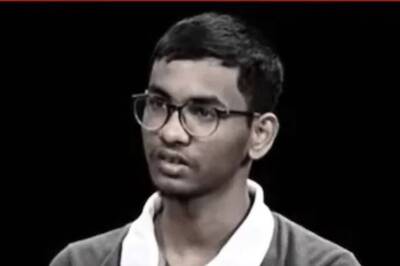

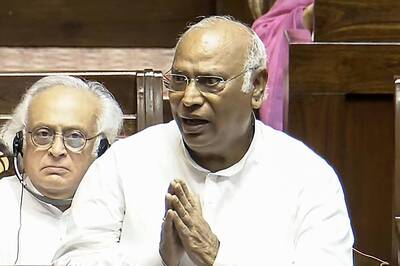
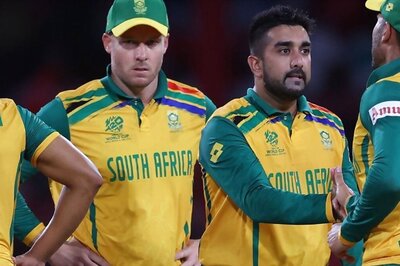





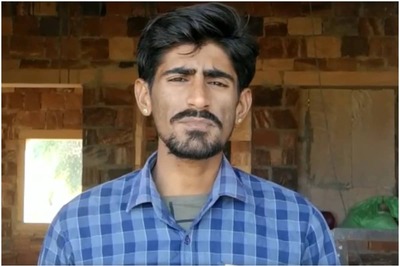
Comments
0 comment